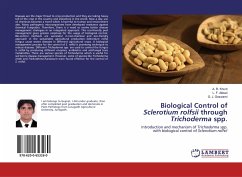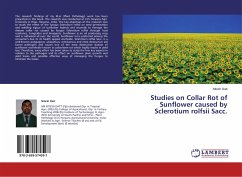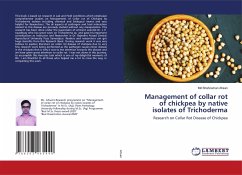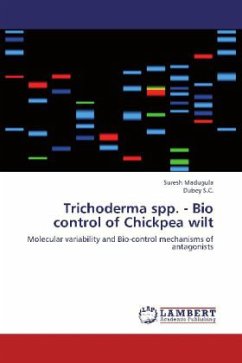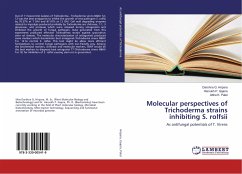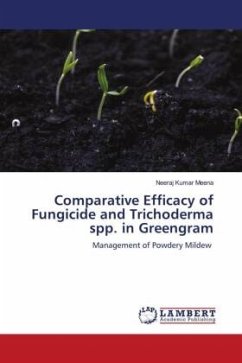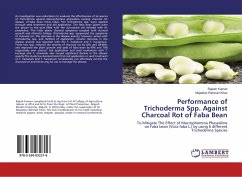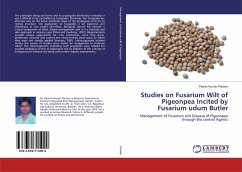Diseases are the major threat to crop production and they are taking heavy toll of the crop in the country and elsewhere in the world. Now a day, use of chemicals becomes a trend which is harmful to human and environment also. Many pathogenic microorganisms have developed resistance against chemical fungicides. Therefore, there is a need to evolve better disease management strategies in an integrated approach. This eco-friendly pest management gives greater emphasis for the usage of biological control. Bio-control methods are successful in non-chemical and eco-friendly approach in the sustainable agricultural production. Sclerotium rolfsii fungus cause severe diseases in different agricultural crops. A biological management practice for the control of S. rolfsii is promising technique to reduce diseases. Different Trichoderma spp. are used to control the fungus S. rolfsii by producing different enzymes, antibiotics and antifungal toxic metabolites. There are various species of Trichoderma which is useful for soil borne disease management. However, some of species like Trichoderma viride and Trichoderma harzianum were found effective for the control of S. rolfsii.
Bitte wählen Sie Ihr Anliegen aus.
Rechnungen
Retourenschein anfordern
Bestellstatus
Storno

